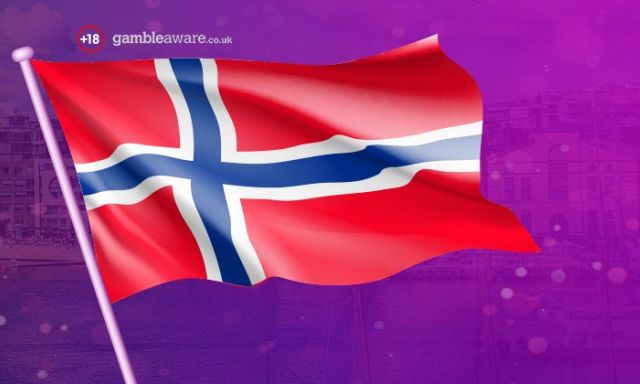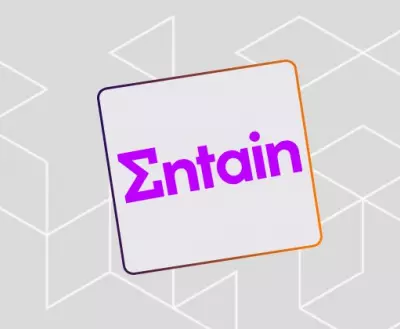As countries worldwide continue to develop their policy towards online gambling, a number of different approaches are emerging. There are those, like the UK, who take a broadly liberal approach to online gambling – although in recent years, conditions have tightened for operators there.
In markets like the US, opportunities for online gambling brands are emerging for what looks like the first time, while in countries like Russia, domain-level blocking of casino operators has already led to an unending cat and mouse game between regulators and operators.
In Norway, the decision was taken to completely exclude online operators, in a bid to remove competition to their state monopoly services – Norsk Tipping and Norsk Rikstoto. In a bid to finalise their plans, the government sent off its proposals for blocking payments to international operators, which require approval from the European Commission before they can become law.
But hope is not lost for international operators doing business in Norway. The European Gaming and Betting Association is to raise a legal challenge against the proposals.
Back in January, the EGBA weighed in to these developments, asking the country’s privacy watchdog to investigate whether privacy and data protection laws had been broken by the government, as they collected information about online gambling payments.
Now, new allegations centre around the fact that these new measures could be seen as a contravention of European Union law, specifically articles relating to free movement of goods and services across the block.
Norway is of course not a member state of the European Union. However, its association with the block means it still falls under the jurisdiction of European Union institutions, and must adhere to EU laws and regulations.
The action is to be brought under EU law, and has been filed with the Oslo District Court, in what could be the last chance for the EGBA to overturn Norway’s policy direction.
Maarten Haijer, the managing director of the EGBA, said the policy was “in violation of Norwegian as well as EU legislation.” On Twitter, the EGBA urged Norwegian regulators to “design a policy for online gaming which is modern, protects consumers and reflects the reality of the digital age.”
Haijer has been in communication with the Norwegian government on the issue, advising them that a more measured approach would increase tax take, while giving the authorities a suite of tools to track and monitor gambling activity, including amongst problem gamblers.
Either way, thanks to the “the boundless nature of the internet”, Haijer said the government’s plans were destined for failure, as has been seen to be the case in other jurisdictions that have tried similar methods of blocking international operators.
Jan Magne Langseth, who advises the EGBA on Norwegian law, said that whilst it wasn’t against the law for Norwegian players to choose to gamble with international operators, the government’s proposals to ban payment processors from working with these firms was a step beyond its legal powers. He anticipated the matter could come before a court as early as this year, offering a glimmer of hope that common sense and legal certainty will prevail.
While the Norwegian approach is unlikely to work, even if it does pass the EU lawfulness test, they are not alone in attempting to wrestle control of domestic gambling in this way. A better approach would be to recognise the unlimited nature of the internet, and the fact that international operators will always exist. In this way, governments can issue their own domestic licenses and extract revenue from the multi-billion dollar gambling market, which will continue to operate online either way.
As long as consumer demand exists, national-level blocking attempts like Norway will always fail. While they might make life more difficult for their own citizens, they are unlikely to ever quash the demand, especially from reputable online international operators.








